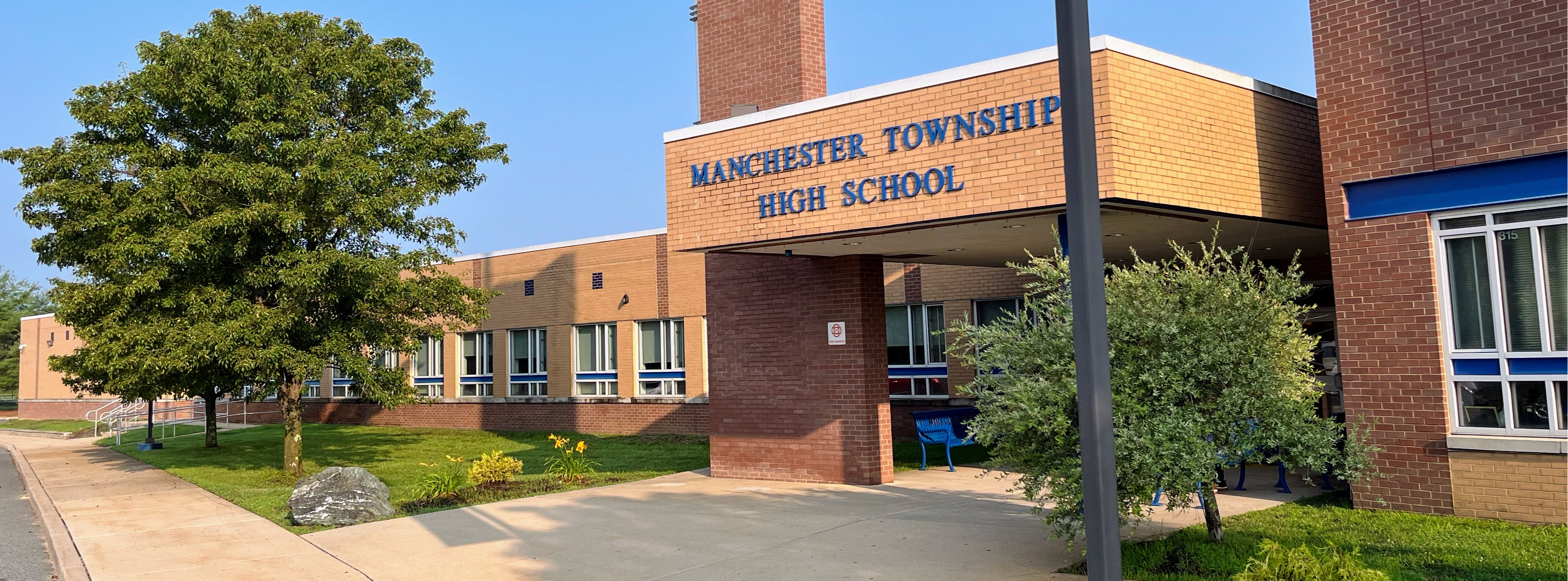The Duty of Parents and Educators in the Effort to Save Temecula Schools
The Duty of Parents and Educators in the Effort to Save Temecula Schools
Blog Article
Comprehending the Importance of Colleges in Child Development and Area Development
Schools serve as pivotal institutions for child advancement and area growth, providing environments where scholastic achievements are complemented by the cultivation of social skills and direct exposure to varied perspectives. These instructional settings not just advertise vital reasoning and effective interaction yet likewise foster compassion through collective tasks. In addition, institutions' engagement with local communities via service-learning initiatives enhances the bond in between family members and universities. This cooperative partnership highlights the importance of schools in nurturing active citizenship and lifelong discovering behaviors. What are the particular systems by which these organizations attain such extensive influences?
Academic Accomplishment
Academic achievement functions as a keystone of kid advancement, offering the structure whereupon future discovering and success are built. Institutions play a crucial duty in promoting this academic development, supplying structured environments where children can get crucial understanding and cognitive skills. Standardized curricula make sure that pupils gain proficiency in core topics such as mathematics, science, and language arts, which are essential for both greater education and professional chances.
In addition to giving fundamental academic skills, colleges also grow important thinking, analytic abilities, and intellectual interest. These cognitive competencies are crucial for navigating complex real-world circumstances and adjusting to the ever-evolving demands of the contemporary work environment. Teachers, as facilitators of understanding, employ diverse instructional techniques to provide to diverse understanding designs, thus making best use of individual student capacity.
In addition, academic success is very closely connected to self-confidence and inspiration. Children that experience academic accomplishments are more probable to establish a favorable self-concept and a long-lasting passion for knowing. Colleges also use various resources, such as collections and technology, which better improve the instructional experience and prepare students for a technologically advanced society.
Social Skill Growth
Beyond scholastic accomplishment, the function of schools in social skill advancement is indispensable. Schools function as a key place for youngsters to learn and exercise vital social skills such as dispute, communication, and participation resolution. In the organized setting of a classroom, pupils connect with peers, educators, and other school staff, offering numerous chances to establish these vital abilities.
Effective social skill growth in institutions is facilitated with group tasks, collective tasks, and extracurricular programs. These interactions aid trainees understand social norms, build compassion, and cultivate a sense of community. For example, team assignments instruct pupils exactly how to interact towards an usual goal, listen to various point of views, and browse disputes constructively.
The growing of social skills throughout academic year lays a structure for future personal and expert relationships. Save Temecula Schools. As pupils grow, the ability to effectively collaborate and communicate becomes significantly essential, highlighting the school's critical role in all natural youngster growth
Direct Exposure to Diversity
Direct exposure to variety in institutions is fundamental to promoting an inclusive mindset and expanding pupils' perspectives. Schools serve as a microcosm of the broader culture, and experiencing diverse cultures, languages, and socioeconomic backgrounds within this setting outfits pupils with crucial abilities for navigating a significantly globalized globe. This exposure encourages compassion, reduces bias, and advertises common regard among peers.
Research study indicates that pupils that engage with peers from different backgrounds show better analytic skills and creativity. This understanding of diversity prepares students for future work environments that value multicultural skills - Save Temecula Schools.

Area Engagement
The advantages of varied classrooms extend past the college wall surfaces, promoting a solid feeling of community involvement amongst pupils. By interacting with peers from different social, socioeconomic, and ethnic backgrounds, trainees gain a more comprehensive perspective and a gratitude for variety. This direct exposure encourages them to come to be active people who agree to add positively to their neighborhoods.
Institutions that highlight neighborhood interaction commonly incorporate service-learning projects, which allow pupils to deal with real-world issues while applying academic abilities. These projects not only boost students' understanding of their coursework however also infuse a sense of responsibility and empathy. Moreover, collaborations in between schools and regional organizations offer pupils with opportunities to take part in area occasions, further strengthening their role as proactive neighborhood participants.
Furthermore, parental and community involvement in schools strengthens the bond between schools and the communities they offer. When colleges open their doors to find out here neighborhood occasions, workshops, and volunteer chances, they develop a joint setting that profits all stakeholders. This common support system makes sure that pupils get all natural growth, preparing them to come to be all-round individuals that value and add to their neighborhoods. Via these efforts, schools play a pivotal duty in nurturing area interaction and promoting societal growth.
Lifelong Knowing Routines
Developing long-lasting understanding practices is important for a kid's continuous development and adaptability in an ever-changing world. Institutions play a crucial duty in instilling these routines by developing an environment that cultivates interest, important read thinking, and a love for expertise. Through extracurricular activities and varied educational programs, instructors encourage students to discover various topics, examine details critically, and use their finding out to real-world circumstances.

Moreover, schools supply a structured setting where children can create self-discipline and time administration abilities, both of which are essential for continual learning. By emphasizing the value of establishing goals, mirroring on progress, and adapting methods, universities prepare trainees to browse the complexities of adult life, ensuring they stay long-lasting students and contributors to culture.
Verdict
In conclusion, schools are important in fostering youngster advancement and neighborhood development by providing atmospheres favorable to academic success, social skill advancement, and direct exposure to diversity. Ultimately, institutions cultivate long-lasting discovering routines, outfitting people like it with the essential understanding and abilities to add positively to culture.
In the organized environment of a class, pupils connect with peers, teachers, and various other school personnel, supplying various opportunities to establish these crucial capabilities.
In significance, exposure to diversity within colleges not just enriches private pupils but also enhances the social textile of the community as a whole.
The benefits of diverse class expand beyond the college walls, promoting a strong feeling of area engagement among students.Institutions that highlight area involvement frequently integrate service-learning jobs, which permit trainees to attend to real-world troubles while applying academic skills. Partnerships in between institutions and local organizations supply pupils with possibilities to participate in community events, additionally strengthening their duty as proactive neighborhood members.
Report this page